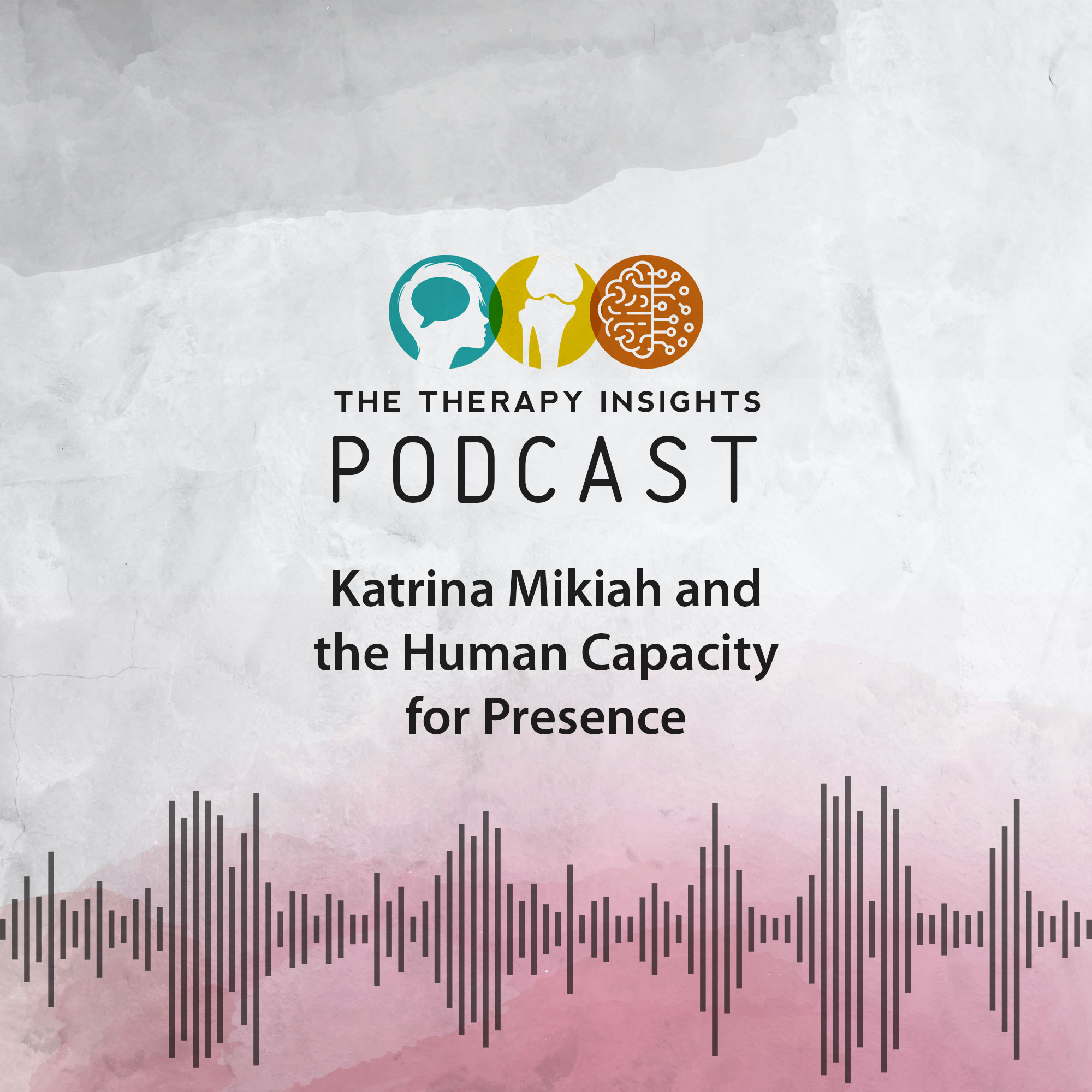04: Katrina Mikiah and the Human Capacity for Presence
;)
How do we as rehabilitation therapists hold space for those who are facing immense grief or life-altering/life-ending diagnoses? Katrina Mikiah is a life, grief, and end-of-life coach. She says that it’s not about having a tricked out pack of counseling techniques, but rather much more about our own awareness of our feelings and our ability to be present. Join us as we discuss the difference between a counselor and a coach, the many ways to hold space and be present, and the tools we can offer clients and families to make these kinds of transitions less turbulent and more in line with their life goals and wishes.
Katrina Mikiah’s path toward becoming a life, grief and end-of-life coach began almost 30 years ago after an experience with a personal counselor whose quiet presence, deep listening, and unconditional acceptance made a profound impact. This early experience inspired her on a path of study that has included Co-Counseling, Compassionate Communication, life coaching and marriage and family therapy (though she is not a licensed therapist). After working as a life coach for a few years and after experiencing the death of a close friend, Katrina felt additionally drawn to end-of-life issues and became a hospice volunteer and later, a hospice volunteer coordinator and bereavement coordinator. She holds certifications in life coaching by the International Coaching Federation and in grief and end-of-life coaching by Coaching at End of Life, LLC. She is also a trained facilitator of Systemic Family Constellation Work. Coaching and constellation work both help to nurture the seeds of those things that yearn for expression while addressing unhelpful beliefs, limiting perceptions and habits, unexpressed grief, and systemic trauma. Her work is informed by an understanding of the stages and neuroscience of change, the impact of systemic and attachment trauma, and the healing potential of mindfulness, self-acceptance, and deep listening. She considers being a compassionate and affirmative companion for those navigating life transitions of any kind, including loss or the end of life, to be sacred work.
Guest(s)
Katrina Mikiah
Episode notes / links
- Katrina’s work: New Perspectives Life Coaching and Constellations The Conversation Project The Five Wishes Advance Directive for Dementia 1-Minute Mindfulness Exercises (Psych Central) Oprah and Eckhart Tolle: A New Earth The Art of Being a Healing Presence: A Guide for Those in Caring Relationships - The Book International Coaching Federation Coaching at End of Life
